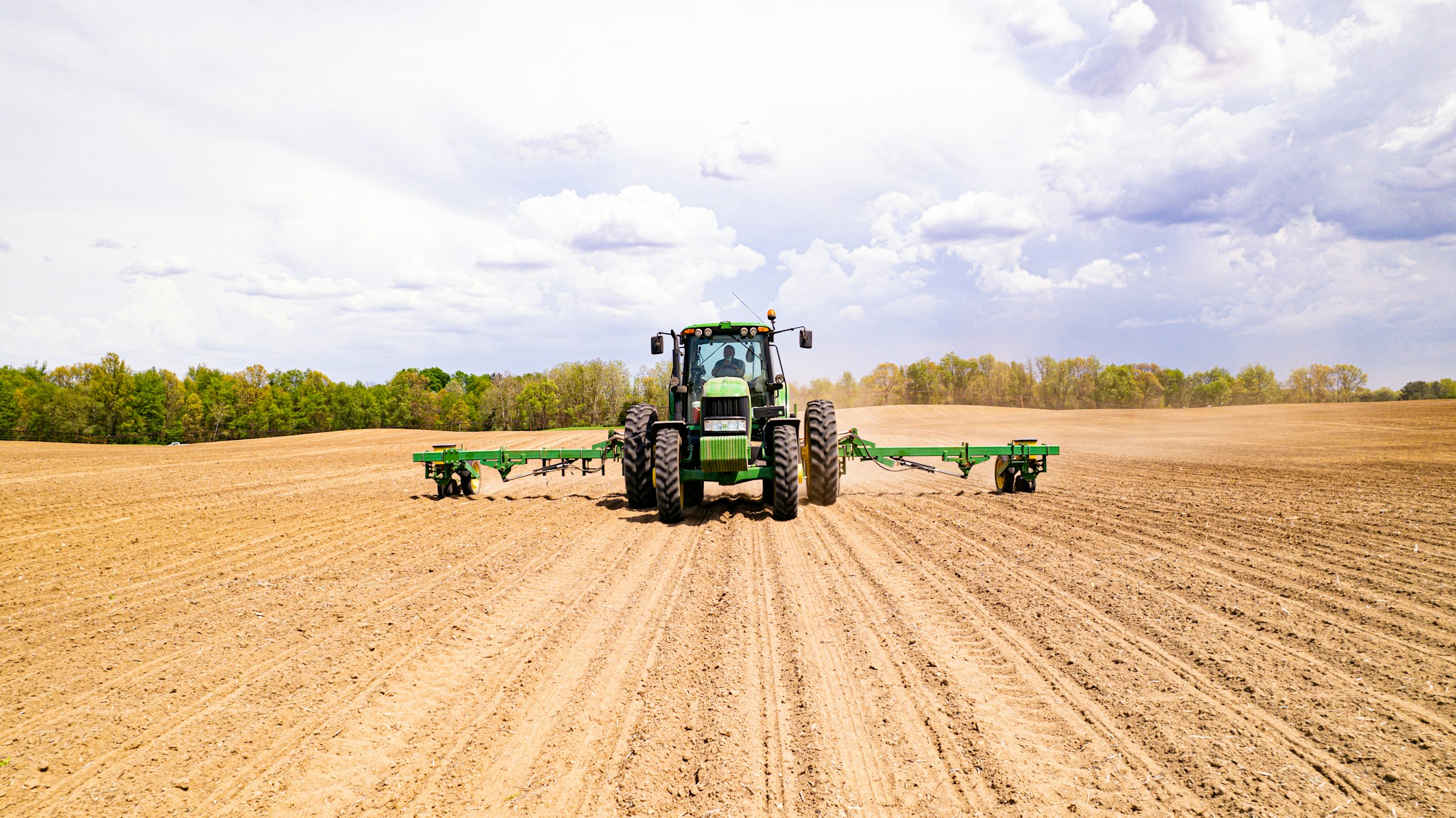Farming has long been one of the foundational professions of humanity, helping civilisations survive for millennia. However, as society changes, so too do farming methods. From pastoral landscapes to high-tech urban gardens, agriculture showcases our ingenuity and adaptability in unique ways. If you have ever been curious as to what differentiates one form of agriculture from another, then this blog will look into some of these methods.
Traditional Farming
Agriculture began as traditional farming. Using time-honored techniques passed down from generation to generation, traditional farmers cultivate crops and rear animals using methods like crop rotation, natural fertilisers and hand ploughing. Although traditional methods provide sustainability and cultural significance they tend to be labor-intensive and less productive than modern approaches. Think of your grandparents tending their fields with simple tools until their hands were hardened from years of toil, this is traditional farming in its purest form.
Subsistence Farming
Subsistence farming is all about survival. Common in rural regions of developing countries, this method looks to meet the needs of an individual family or small village through cultivating staple crops like rice, maize and wheat as well as raising chickens or goats. The beauty of subsistence farming lies in its self-sufficiency but at the same time highlights challenges associated with food insecurity and environmental change for these farmers who often rely solely upon themselves for sustenance.
Commercial Farming
Enter commercial farming, the cornerstone of modern agriculture. This practice involves the mass production and sale of food and other agricultural goods on a large scale for national and international markets. Examples include monoculture crops like oil palm and ranching operations with chicken or cattle flocks. Though important in feeding the world's growing population, commercial farming does spark controversy due to deforestation concerns, excessive chemical usage, as well as its environmental footprint when transporting food across borders.
Organic Farming
Organic farming has quickly become the favorite of modern consumers who prioritize health and sustainability. Farming that utilizes natural processes instead of synthetic pesticides and fertilisers (like GMOs ) to grow fruits, vegetables, and grains. It focuses on maintaining soil health through composting, crop diversity and biological pest control to help preserve its ecosystem health. Clever Agricultural Components provides many farmers with all of the components they require for farming. While the price for organic farming may seem high at first, who could resist pesticide-free carrots?
Sustainable Farming
Sustainable has become the buzzword in virtually all industries, including farming. Going beyond organic practices, sustainable farms strive to meet current food demands without endangering future generations' ability to do the same. By minimising waste, conserving water supplies, and protecting biodiversity (whether through agroecology or permaculture approaches) sustainable farms aim to feed both people and the planet alike.
Precision Farming
Traditional agriculture may represent the past, while precision farming represents its future. By using cutting-edge technologies such as GPS, drones, sensors, and data analytics, precision farming ensures maximum yield with limited resources. For instance using drones to monitor crop health or adjust fertiliser deployment automatically based on soil quality. Precision farming has huge potential to revolutionise efficiency. Though some small-scale farmers raise concerns over cost associated with adopting such shiny new gadgets.
Conclusion
From subsistence farms to precision farms, and everything in between, agriculture offers us insight into human ingenuity at solving problems. Traditional techniques coexist alongside modern ones in farming. Each approach addresses specific challenges and opportunities. No matter if it's rolling hills or neon-lit vertical farms, one thing remains clear. Farming isn't just about growing food but building resilience, community and a connection with the land itself.
